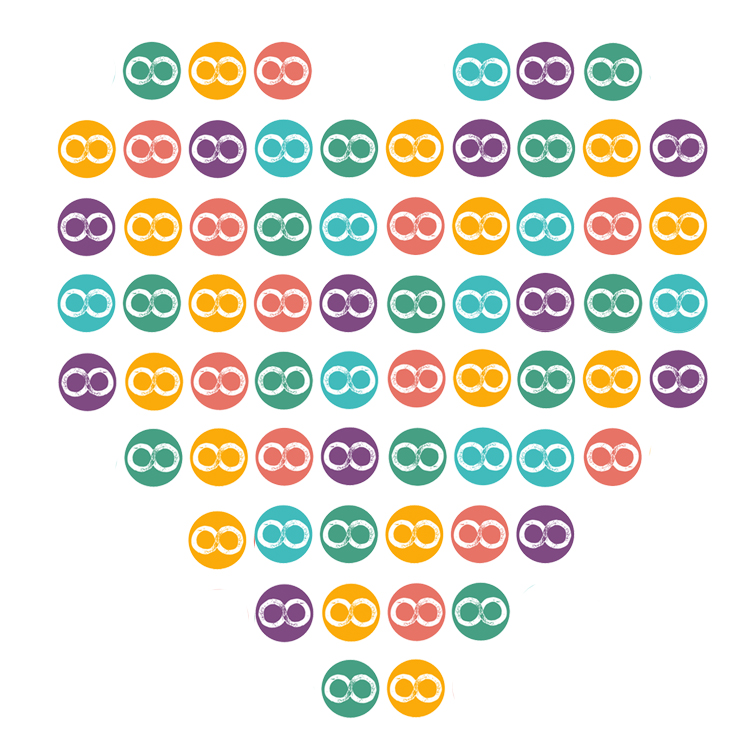Sherri Maxwell
I’ve been lucky to experience moments in life that I learn from every time I revisit them. One moment in particular keeps me learning still and helps me understand compassion and its relationship with wisdom.
It started off with the intention of giving someone a bottle of water because I thought they might be thirsty, a simple intention . . . or so I thought.
It was a sweltering hot day in Thailand and I had reached my destination, a restaurant, with a friend; we passed a man who seemed he was in the middle of sobering up sitting just outside, who had a brown glass bottle of “Red Bull” and not much else.
I had the passing thought “he might be thirsty” as I walked in.
Seated at the window, we had all worldly comforts. Food, air conditioning, people to serve us and right outside in our view . . . was the man sitting in the heat. I felt compelled to buy water and give it to him, and so I did. I went outside and opened the bottle and poured it into a plastic cup and returned to my seat.
My friend suddenly screamed “No!” and ran outside as he saw the man break the brown glass bottle and start to eat it, like food. It took me a moment to register what had happened, and I immediately followed.
My friend was struggling with the man and trying to pull his hand away from his mouth, with a tug of war ensuing over the broken glass bottle’s destination, my friend wanting to take it out of his hand. I stood there in front of them wondering what to do.
Then, I opened the water bottle originally intended for the man to drink and poured the entire contents onto the top of his head.
He took a big pause—perhaps the cool water upon his head was refreshing after the hot day and the distraction of that sensation caused him to loosen his grip on the broken glass bottle. I took it out of his hand, threw it far away, and cleared the area of anything glass-related.
The man then pulled out a black plastic comb and started to tend to his dripping wet hair, his eyes closed. My hope of helping turned into something completely different—a strange drama, or a karmic puzzle.
These are some of the thoughts that have arisen based on that event:
An act of compassion is encouraged in my world, but the “perpetrator” and the “subject” of the act of compassion can experience that act . . . very differently.
What is the true goal of the “compassionate act”—was it for me to feel comfortable or for him?
Did the man look at the water as helpful or not?
Did he think the water was poison because it would sober him up further?
Sometimes people force compassion on others to make themselves feel better, and it isn’t even actually compassionate but done for an ego boost.
Compassion may not have the intended effect or even be appreciated.
Without wisdom, compassion does not have the potential to resonate in a healthy manner.
Intention, awareness, and true empathy for others may help the probability of a good outcome considering the infinite variables.
I carry this moment with me as a filter towards my intention, knowing it is only a potential influencer in my acts of compassion.

